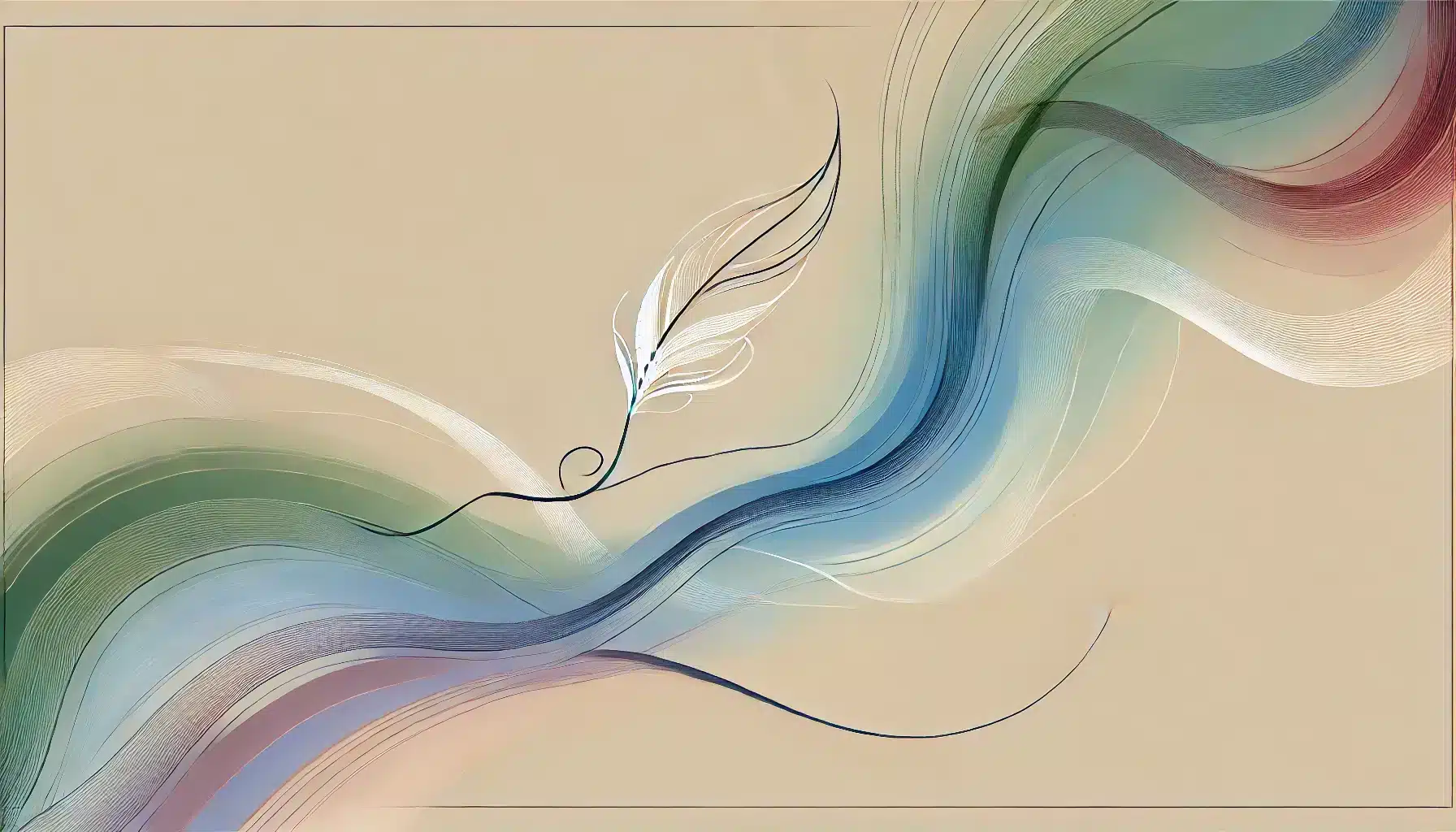What is Poetry Day (Gedichtendag)?
Poetry Day, known as Gedichtendag in Dutch, is an annual event celebrated on the last Thursday of January in the Netherlands and Flanders. This day serves as the official kickoff to Poetry Week (Poëzieweek), a larger event dedicated to showcasing and celebrating poetry in all its forms.
Gedichtendag invites people to explore the beauty and power of poetry through public readings, creative workshops, and interactive events in schools, libraries, bookstores, and cultural venues. It’s a day for both seasoned poetry lovers and newcomers to immerse themselves in the world of verse.
History and Origin
First celebrated in 2000, Gedichtendag was introduced as a way to bring poetry to a wider audience and make it an accessible part of everyday life. Over the years, it has grown in popularity, becoming a key cultural event in Dutch-speaking regions.
The day was later expanded into Poetry Week, but Gedichtendag remains its focal point, providing a dedicated time for poets, educators, and organizations to share their passion for the written and spoken word.
Who Celebrates Poetry Day?
- Poets and Writers: Use the day to present their work through readings, signings, and public discussions.
- Schools and Teachers: Integrate poetry activities into lessons to inspire students and foster creativity.
- Libraries and Bookstores: Host events like poetry readings, exhibitions, and book promotions.
- Cultural Organizations: Organize open mic nights, performances, and workshops to engage the community.
- The General Public: Participate in events, discover new poets, or even try writing poetry themselves.
Themes and Slogans
Each year, Poetry Day focuses on a specific theme, which sets the tone for the day’s events and activities. Themes often explore universal ideas like love, nature, freedom, or identity, making poetry relatable and meaningful for all participants.
Slogans are crafted to inspire reflection and action, encouraging individuals to engage with poetry and celebrate its transformative power.
Colors, Symbols, and Patterns
Colors:
- White: Symbolizes the blank page and the creative potential of poetry.
- Gold: Reflects the timeless value and richness of poetic expression.
- Blue: Evokes introspection and the imaginative depth of poetry.
Symbols:
- Open Book: Represents the accessibility of poetry to all.
- Feather or Quill: Highlights the art of writing and creativity.
- Microphone: Symbolizes spoken word and public readings.
Patterns:
- Flowing Text: Represents the rhythm and movement of poetry.
- Abstract Typography: Highlights the visual appeal of words and letters.
- Circular Motifs: Reflect the universal themes and cyclical nature of life.
How to Celebrate Poetry Day
- Attend a Poetry Reading: Join public events featuring local and international poets sharing their work.
- Visit a Library or Bookstore: Explore poetry collections, participate in workshops, or attend special events.
- Incorporate Poetry into Your Day: Share a favorite poem with friends or family, or write one yourself.
- Join an Open Mic Event: Perform your own poetry or enjoy listening to others share their creativity.
- Engage with Social Media: Post your favorite poems, reflections, or event experiences using relevant hashtags.
Most Used Hashtags
- #Gedichtendag
- #PoetryDay
- #CelebratePoetry
- #DutchPoetry
- #PoetryForAll
Why is Poetry Day Important?
Poetry Day highlights the enduring importance of poetry in expressing thoughts, emotions, and shared experiences. It provides a platform for poets to reach new audiences while inspiring individuals to explore their own creativity.
The day also underscores the cultural significance of poetry, encouraging communities to connect through the power of language and imagination. By making poetry accessible and engaging, Gedichtendag ensures that this art form continues to thrive in modern life.
Features
Last Thursday of January: Poetry Day (Netherlands)
Why do you keep falling for the same type?
Read the article Lovemaps: the hidden blueprint of our love.

